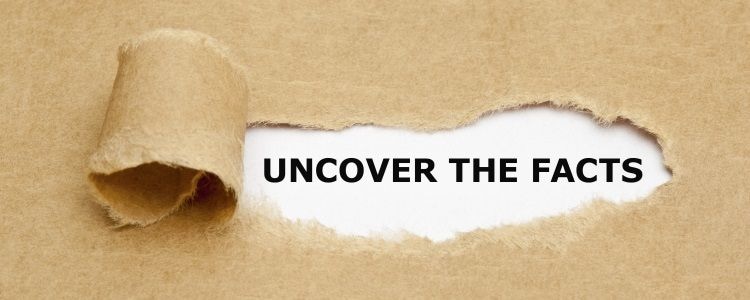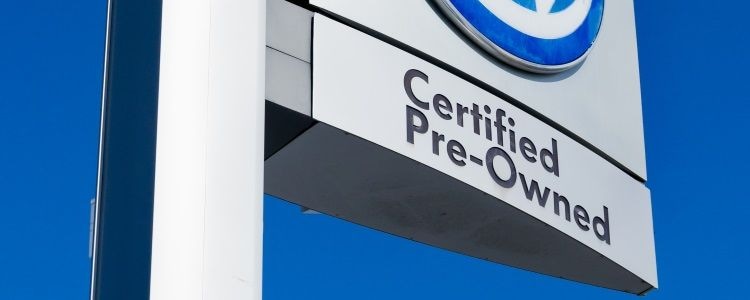All new vehicles come off the factory line with a manufacturer warranty that can cover big repairs so you don’t have to pay out of pocket – but that eventually expires. If you’re on the hunt for a used car, purchasing an extended warranty may offer you some peace of mind, but it’s important to know what it may not cover.
What an Extended Warranty May Not Cover
A manufacturer warranty can cover a lot of things, but they eventually end after so many miles or a certain amount of time. If you’re buying a used vehicle, it may be a good idea to purchase an extended warranty to get some peace of mind, and save money if expensive repairs crop up.
Extended warranties don’t actually “extend” the factory warranty that originally came with the vehicle. It’s simply a third-party service contract offered by a dealer or insurance provider. Often, these service contracts imitate the original factory warranty, and they typically come with a deductible like insurance coverage.
There are two main types of warranties: powertrain and bumper-to-bumper. Neither is likely to cover:
- Body damage repair
- Tires
- Regular maintenance such as oil changes
- Interior damage
- Brakes
- Clutches
- Windshield wipers
- Headlights or taillights
You typically have the option to purchase an extended warranty through a dealership while finishing up the purchase of your car, offered by the dealer’s finance and insurance (F&I) department. If you buy your vehicle and extended warranty through the dealer, you may even have the option to roll in the cost of the extra coverage onto your auto loan.
When you purchase an extended warranty through a dealership, there may be stipulations on where you can get your vehicle serviced as well. The contract may require that you visit the dealership you bought the service contract from for any repairs if you want them covered.
In some cases, an extended warranty contract may state that you get reimbursed for the repairs made on your vehicle later. Check the language in the extended warranty contract you choose, since this may mean paying for repairs upfront and then waiting for the coverage to repay you. And don’t forget about the deductible!
Bumper-to-Bumper vs. Powertrain Warranties
A bumper-to-bumper service contract typically covers the many aspects of your vehicle, and is often standard when you purchase a brand new car. These service contracts typically last up to 36,000 miles or three years, are comprehensive, and generally cover your vehicle’s:
- Engine
- Transmission
- Seals
- Gaskets
- Air conditioning
- Steering
- Electrical components
- Safety features such as cameras and/or airbags
A powertrain warranty covers your powertrain, defined as the mechanism that transmits the drive from the engine of a car to its axle. Many powertrain warranties are good up to 10 years or 100,000 miles. Powertrain coverage typically includes service on the vehicles:
- Engine
- Seals
- Gaskets
- Transmission
- Axles
Financing a Used Vehicle With Poor Credit
If you’re looking at purchasing a car that’s getting on in years and is no longer covered under its manufacturer’s original warranty, then an extended warranty may ease some fears about the potential cost of large repairs. As vehicles get on in age, they’re more likely to have mechanical issues, which can make borrowers hesitant to purchase an older car. However, if you buy from a dealer, it’s very likely that the vehicle has been inspected, has a clean title, and you can invest in a service contract from the dealership for some peace of mind.
Poor credit borrowers are often recommended to purchase used cars, since they typically have a lower sticker price compared to brand new vehicles. The less expensive the car, the less you need to finance, after all! And, for bad credit borrowers, it’s always a dance between affordability and reliability.
However, getting approved for vehicle financing is often the biggest hurdle that bad credit borrowers have to overcome. For those with less than stellar credit, pursuing a subprime car loan could be the ticket to getting behind the wheel.
Special Finance Dealer Connections
Borrowers with poor credit can struggle to meet the credit score requirements of traditional auto lenders. Here at Auto Credit Express, we aim to make the car shopping experience easier by connecting borrowers to dealerships that are signed up with subprime lenders – lenders that specialize in unique credit situations.
To get matched to a dealer in your local area that’s able to assist with bad credit, complete our free auto loan request form. We’ll get right to work looking for a special finance dealership near you, and there’s never a cost or obligation to buy.
















